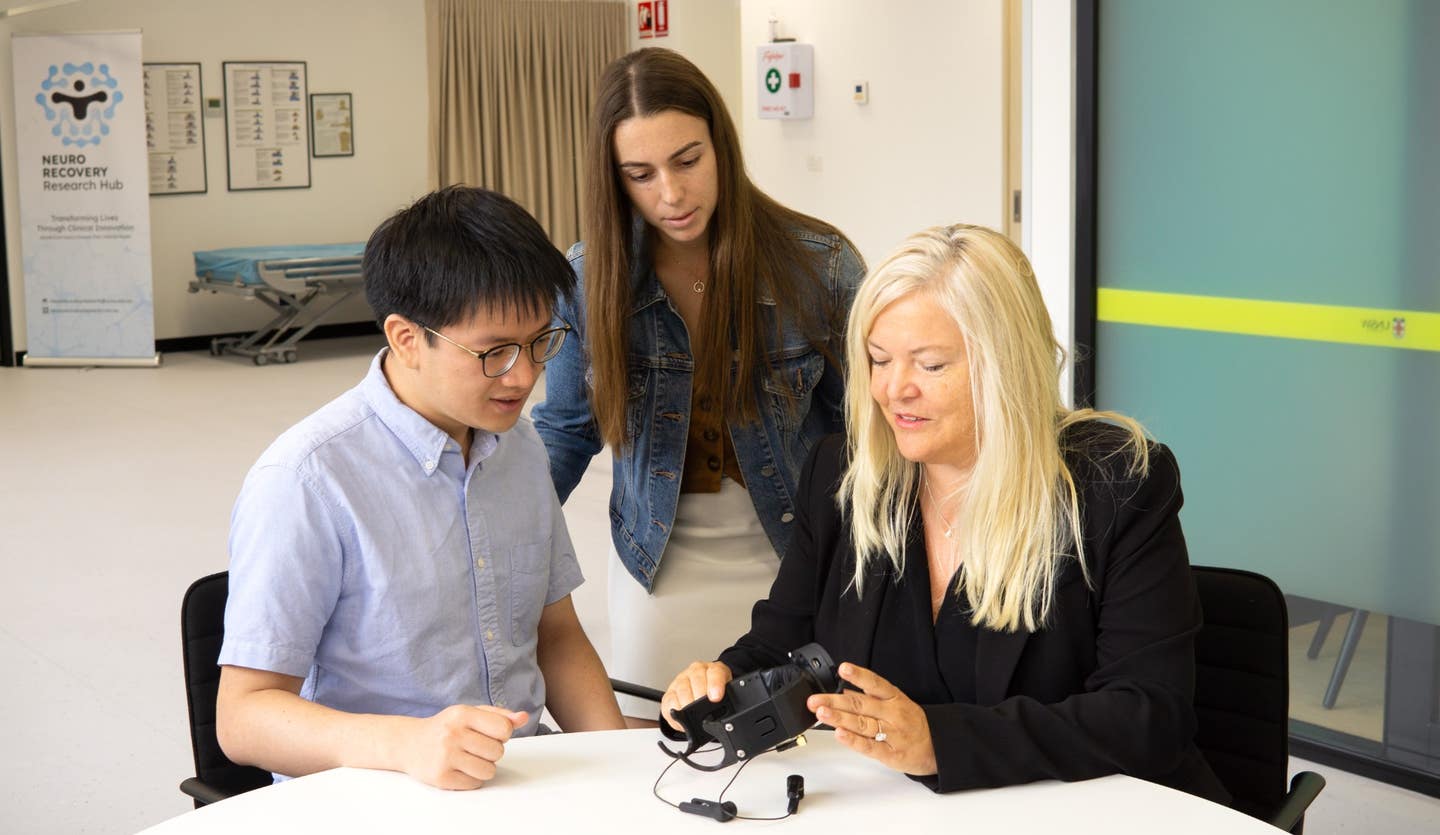Breakthrough AI tool predicts mutations in hundreds of diseases
Scientists develop PIONEER, a new AI tool that helps researchers identify new drug targets for diseases like cancer and autoimmune disorders

A new AI tool called PIONEER is changing the way scientists discover drug targets. (CREDIT: CC BY-SA 3.0)
Scientists from Cleveland Clinic and Cornell University have made a significant leap in the world of drug discovery by developing PIONEER (Protein-protein InteractiOn iNtErfacE pRediction), a computational tool that simplifies the identification of critical protein interactions.
These interactions are key in targeting diseases with medication. The newly designed software, detailed in a recent Nature Biotechnology article, offers a publicly accessible resource for researchers seeking to identify promising drug targets for conditions ranging from cancer to other complex diseases.
Dr. Feixiong Cheng, co-lead author of the study and director of Cleveland Clinic’s Genome Center, explains the challenge researchers face. While genomic research plays a vital role in drug discovery, it is often insufficient on its own.
“In theory, making new medicines based on genetic data is straightforward: mutated genes make mutated proteins,” Dr. Cheng states. “We try to create molecules that stop these proteins from disrupting critical biological processes by blocking them from interacting with healthy proteins, but in reality, that is much easier said than done.”
The complexity arises because a single protein in the body can interact with hundreds of other proteins, forming intricate networks called interactomes. The challenge becomes even greater when disease-causing mutations in DNA enter the picture.
Related Stories
A single mutated gene can create multiple mutated proteins, each potentially leading to a different disease-related interactome. With tens of thousands of potential interactions to sift through, drug developers have a daunting task. They must analyze these interactions based on the proteins' physical structures, hoping to find the most promising drug targets.
Recognizing this challenge, Dr. Cheng partnered with Dr. Haiyuan Yu, director of the Cornell University Center for Innovative Proteomics, to create PIONEER. This AI-driven tool integrates a vast amount of data from multiple sources, including genomic sequences from nearly 100,000 individuals, physical structures of over 16,000 proteins, and interaction data from nearly 300,000 protein-protein pairs.
The result is a powerful database that enables researchers to explore the interactome of more than 10,500 diseases, from alopecia to von Willebrand disease. The platform allows researchers to input a known mutation or disease name and receive a ranked list of protein-protein interactions that may be relevant to the disease and could potentially be targeted with drugs.
PIONEER’s applications are broad. It is designed to assist researchers focused on a variety of diseases, including autoimmune, cancer, cardiovascular, metabolic, neurological, and pulmonary conditions. The software can help pinpoint critical interactions in these diseases, giving researchers a starting point for developing new treatments.
To validate PIONEER’s predictions, the team conducted lab experiments where they tested nearly 3,000 mutations across more than 1,000 proteins. These mutations were analyzed in nearly 7,000 different protein-protein interaction pairs. The findings have already laid the groundwork for developing treatments for diseases such as lung and endometrial cancers.
Additionally, PIONEER's capabilities go beyond identifying drug targets. The tool can also predict survival rates and drug responses in various cancer types. For instance, it has been shown to predict tumor growth in lung cancer based on protein-protein interaction mutations between the proteins NRF2 and KEAP1. This discovery offers a new potential target for cancer therapies, highlighting PIONEER’s potential to reshape cancer treatment strategies.
One of the most significant advantages of PIONEER is its accessibility. “The resources needed to conduct interactome studies pose a significant barrier to entry for most genetic researchers,” says Dr. Cheng.
Traditional methods require substantial funding and resources, making it difficult for smaller research groups to participate in these groundbreaking studies. By offering a computational solution, PIONEER lowers the barrier to entry, making it possible for a wider range of scientists to engage in drug discovery.
With its ability to identify critical protein interactions and its potential to accelerate the drug discovery process, PIONEER represents a powerful tool in the fight against diseases. The database is expected to help researchers worldwide develop new treatments more quickly, transforming genomic data into actionable drug targets in a fraction of the time it previously took.
As the database grows and more research is conducted, the potential for new therapies across a range of diseases becomes increasingly promising.
Note: Materials provided above by The Brighter Side of News. Content may be edited for style and length.
Like these kind of feel good stories? Get The Brighter Side of News' newsletter.



